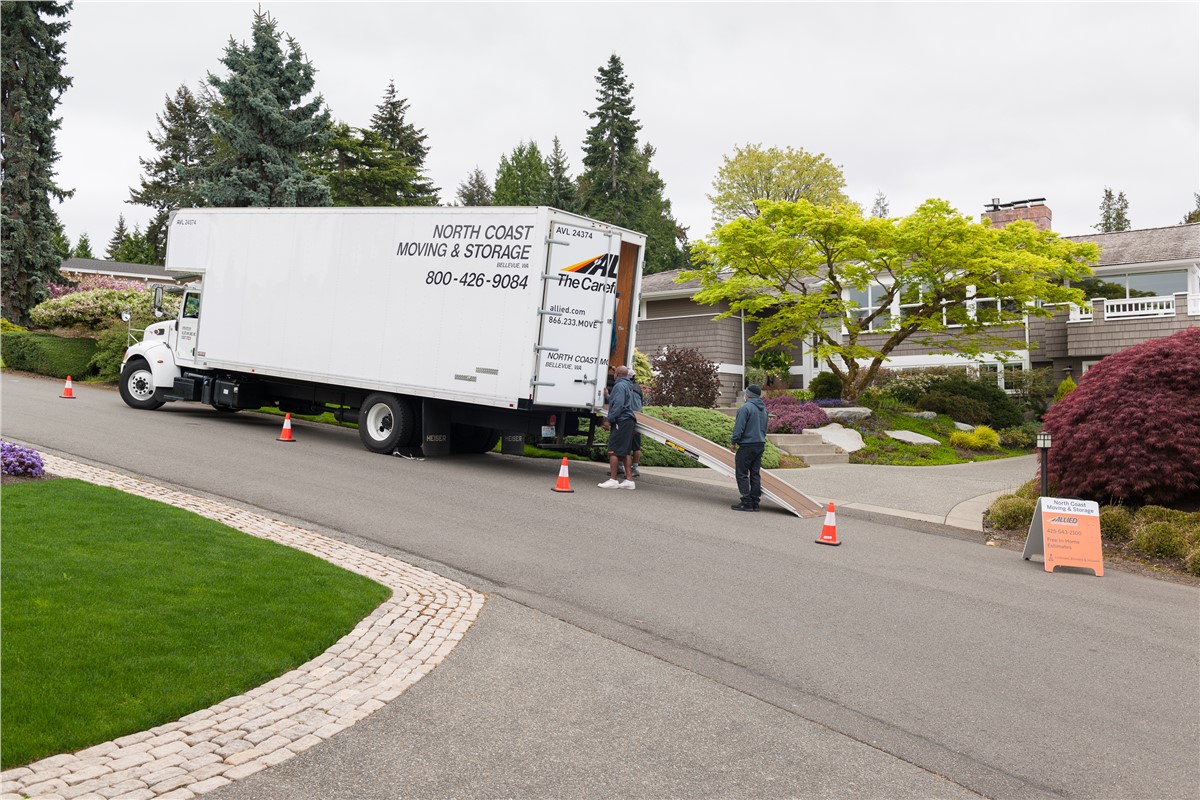Planning Moving Across State Lines for Families
Planning Moving Across State Lines for Families
Blog Article
Moving between states isn’t just a matter of distance; it involves legal requirements.
This article offers a updated look at how to handle long-distance moving effectively.
Let’s dive veja mais into the world of interstate relocation and uncover what it really takes to move to another state.
Understanding the Scope of Interstate Moving
This means only certified and insured companies can legally handle your goods interstate.
For example, some states have agricultural checks, item bans, or specific rules on transporting vehicles.
Most importantly, the logistics are more complex: longer travel times come into play.
Tips for Choosing the Best Interstate Movers
Sites like Better Business Bureau and FMCSA’s mover search tool are great resources for screening movers.
Ask about additional fees such as fuel surcharges, long carry charges, or storage if needed.
Taking time to vet your moving company can save you stress, money, and avoidable delays.
Understanding Interstate Moving Price Calculations
Several factors shape the price of interstate moving services. The biggest is distance—the longer the trip, the higher the fuel, labor, and time costs.
Additional services can also raise the bill.
Lastly, access conditions impact costs.

Effective Planning for Moving Between States
Early preparation gives you enough time to handle unexpected challenges calmly.
Decide what to sell, donate, or discard to reduce weight and save on moving costs. Less volume often translates to lower transport fees, so decluttering pays off.
Finally, prepare an essentials kit for the days surrounding your move.
Comparing Different Interstate Moving Services
Full-service movers handle everything, from packing to unpacking, ideal for busy professionals or large families.
This can be more affordable but requires more personal effort.
Are you moving fragile antiques or just standard furniture?

Top Pitfalls in Long-Distance Moves
Booking early not only secures better pricing but also gives you time to research and prepare properly.
Hiring unlicensed companies or falling for low-ball quotes can lead to scams, damaged goods, or lost belongings.
Invest in proper materials, label every box, and consider letting professionals handle specialty or high-value items to avoid costly mistakes.
Tips for Saving Money on Interstate Moving
Hold a garage sale or list items online to offset some moving expenses.
Next, compare quotes carefully.
Pack non-fragile items, disassemble simple furniture, or transport valuables in your own vehicle.
Wrapping Up Your Interstate Moving Journey
Whether you’re relocating a small apartment or a full household, understanding the process empowers you to make informed decisions.
Remember: the best moving experience combines preparation, trusted professionals, and flexibility to handle surprises.
As you get ready to embark on your interstate move, stay organized, communicate clearly with your movers, and keep your goals in sight.
Common Questions on Long-Distance Moves
Are there budget-friendly options for moving out of state?
The cheapest options include renting a moving truck, using a freight trailer, or downsizing your load to reduce weight.
When should I hire movers for a long-distance move?
Last-minute bookings often come with limited availability and higher prices.
What should I leave out of my moving boxes?
Movers typically won’t transport hazardous materials, perishables, firearms, or plants across state lines.
What insurance options are available for long-distance moves?
Review your coverage options carefully and understand the claims process before moving day.
Do movers provide tracking for long-distance relocations?
Many professional interstate movers offer shipment tracking systems or regular status updates.
Report this page